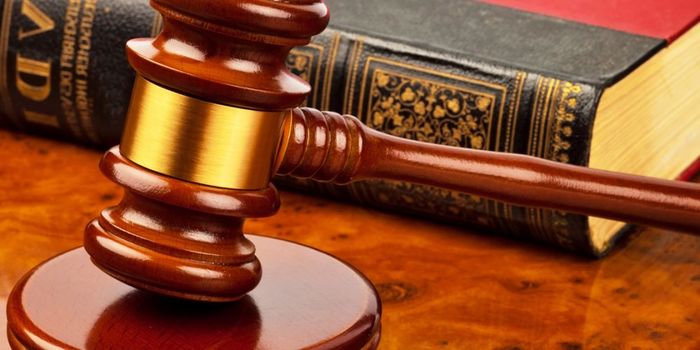
Federal Rules of Criminal Procedure
The Federal Rules of Criminal Procedure were adopted in 1946. They govern the practice and procedure in all criminal proceedings in the federal court system. The goal of the rules is to assure the just determination of all criminal proceedings. The rules specify that they are to be interpreted to afford simplicity in procedure and fairness in administration. The rules are intended to prevent unnecessary delay and expense. More…
Overview of Administrative Law
Administrative law is the body of law that is created by the rules, regulations, and decisions of federal, state, and municipal administrative agencies. More…
Judicial Conflicts of Interest
Our legal system requires a fair and independent judiciary. In order to maintain public trust in our system of justice, judges must conduct themselves in an ethical manner. There are codes of conduct, which set standards of behavior for state and federal judges. These standards are aimed at assuring the impartiality of judges and reducing the possibility of conflicts of interest. More…
The Supreme Court of the United States
The United States Constitution provides that the judicial power of the United States is vested in one Supreme Court and any lower courts established by the United States Congress. The Supreme Court was organized on February 2, 1790. More…
Indian Tribal Courts
Congress has plenary or complete authority over Indian affairs. This means that Congress has unlimited discretion to regulate affairs on an Indian reservation. Under federal law, Indian nations are quasi-sovereign; that is, they have power in some areas but not in others. For example, Indian nations can operate tribal governments and manage their own property and resources. However, they cannot conduct foreign relations or prosecute non-Indians who commit crimes on reservations. Indian nations have adopted tribal codes, which usually combine traditional law with state law and federal law. More…


